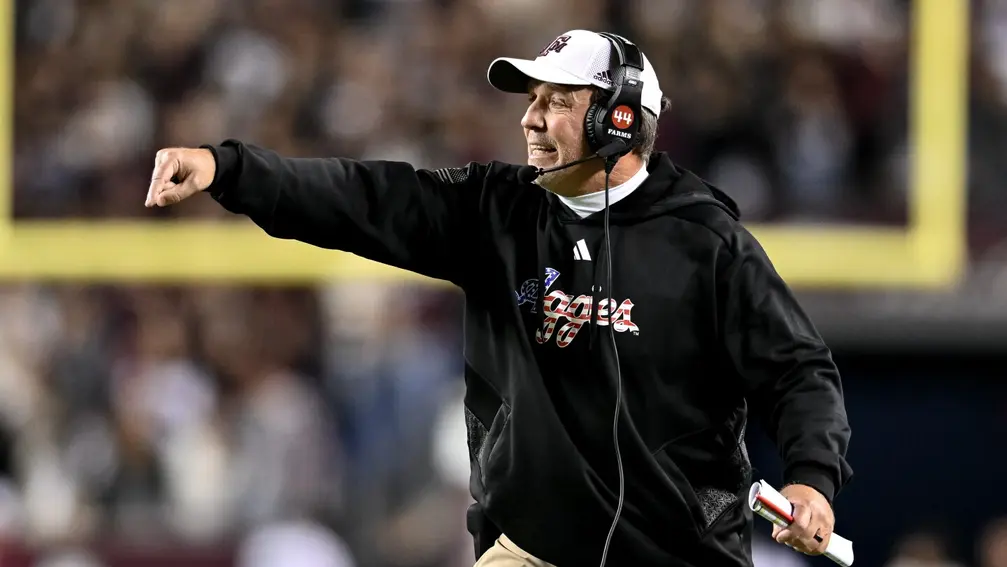T4K3.news
College Football tightens rules against feigned injuries
New 2025 rules curb injury feigning, cap overtime timeouts, and change video review language

Officials tighten rules to curb feigned injuries, reduce overtime timeouts, and adjust how video reviews are announced.
College Football Tightens Rules Against Feigned Injuries and Overtime Changes
The National Football Foundation announced a package of rule changes for the 2025 season. The core aim is to curb players who feign injuries to slow the game. If a player on the field appears injured after the ball is spotted for the next play, his team will be charged a timeout. If the team has no timeouts left, a five yard delay of game penalty applies. The player must sit out at least one down and cannot return until a medical professional clears him.
In overtime, both teams may keep only one timeout in the first two extra periods. After the first two overtimes, each team gets just one timeout for the rest of the game. Video review language also changes: if the ruling on the field is not overturned, the referee will say the call is upheld. If the review overturns the call, the reason will be explained. Other changes address tactics and safety. A signal during a kick return costs the receiving team its right to a return. A defender cannot line up with more than 11 players at the snap; if the defense has too many players on the field after the two minute timeout, the clock rules may be adjusted. Helmet communications will be allowed in the Football Championship Subdivision. A loose ball recovery adds defenseless status for the player. And any act that simulates gun violence is an unsportsmanlike foul, with brandishing a weapon now treated as such.
Key Takeaways
"Refs will announce the call as upheld after a review"
describes the new language used during video review
"The clock will be the real referee"
opinion on the impact of tempo rules
"This is a push for a cleaner game with clearer calls"
highlight of the rule package intent
The changes reflect a clear push to preserve game pace and fairness. Curbing feigned injuries targets a tactic that has drawn long debates about sportsmanship and competitive balance. The mandate that injured players sit out a down and obtain medical clearance places responsibility on teams to be honest about injuries, which could slow returns and test medical staff decisions.
The update to how reviews are announced may improve clarity for fans and broadcasters, but it also raises questions about consistency across venues. Tightening overtime rules shifts strategic risk toward coaches who must manage limited timeouts in the late stages of a close game. Taken together, the package signals a broader trend toward safety, transparency, and a cleaner clock, even if it invites new debates about enforcement and pace.
Highlights
- Clock management becomes a real test for both sides.
- Rules changes sharpen the clock, not the spectacle.
- Referees will explain calls with new clarity.
- Cleaner signals, fairer plays, one season at a time.
Controversy risk around rule changes
The changes could trigger debate among players, coaches, and fans who see the tweaks as heavy handed or slow to adapt. Enforcement variability and the pace of play in different stadiums may become a concern.
The season will test how well these rules translate from paper to practice.
Enjoyed this? Let your friends know!
Related News
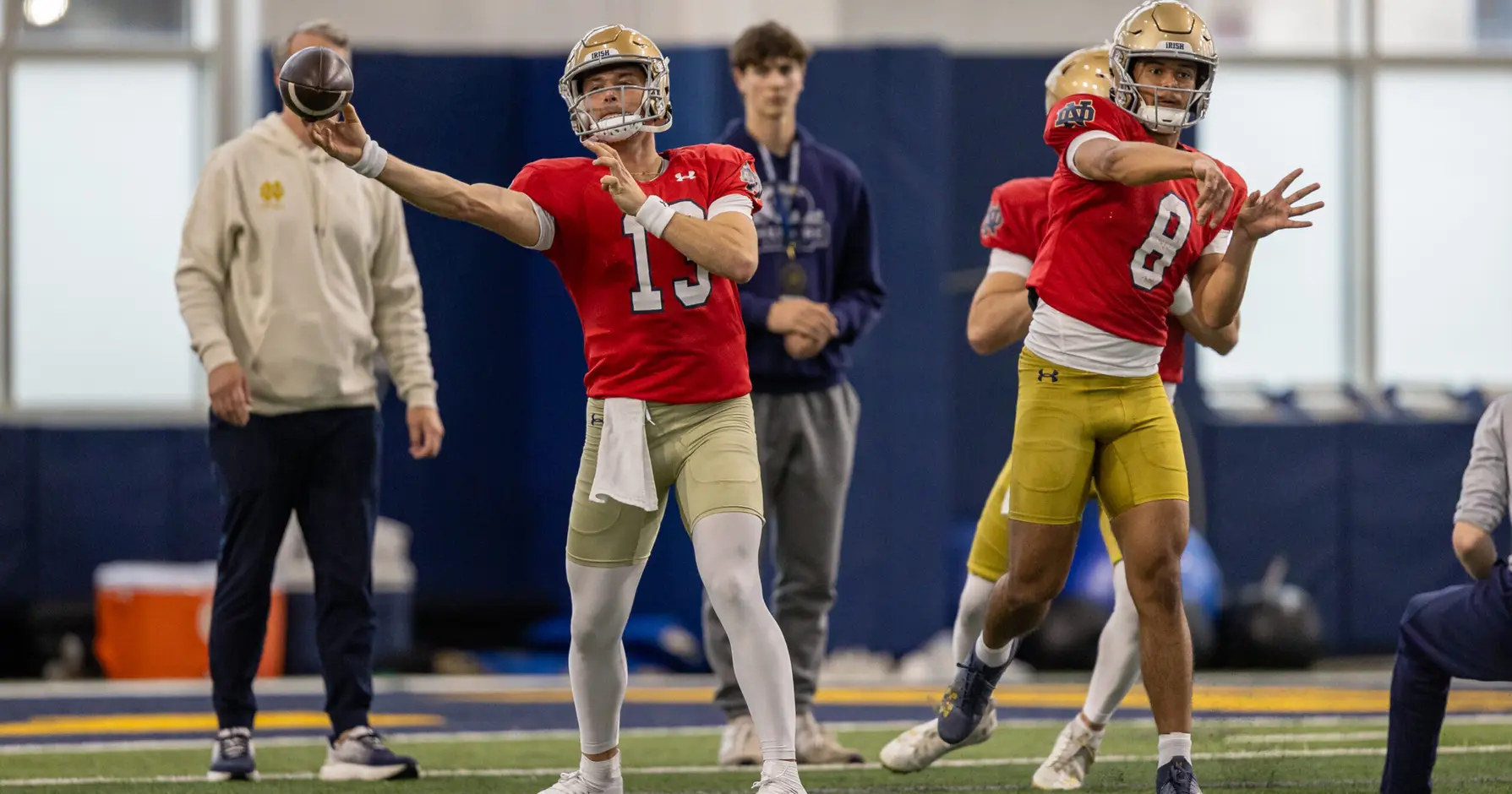
Notre Dame QB race remains unsettled

Texas Tech sets ambitious football budget to challenge Big 12
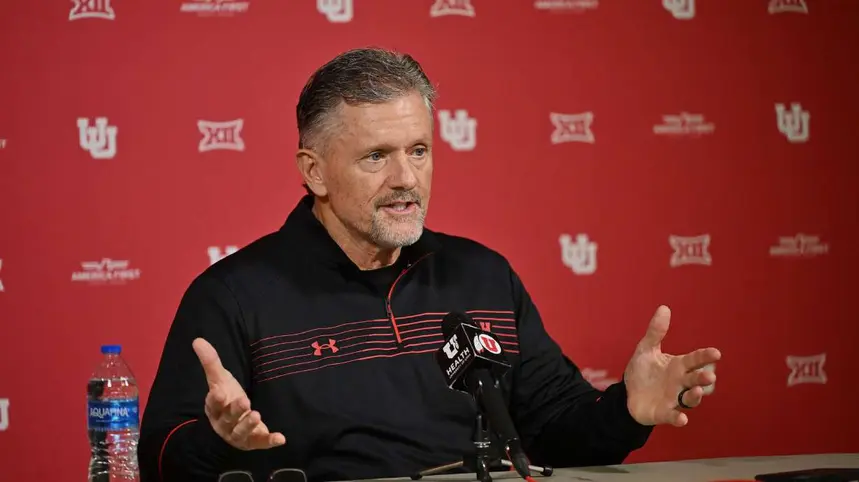
Injury reports go public in college sports
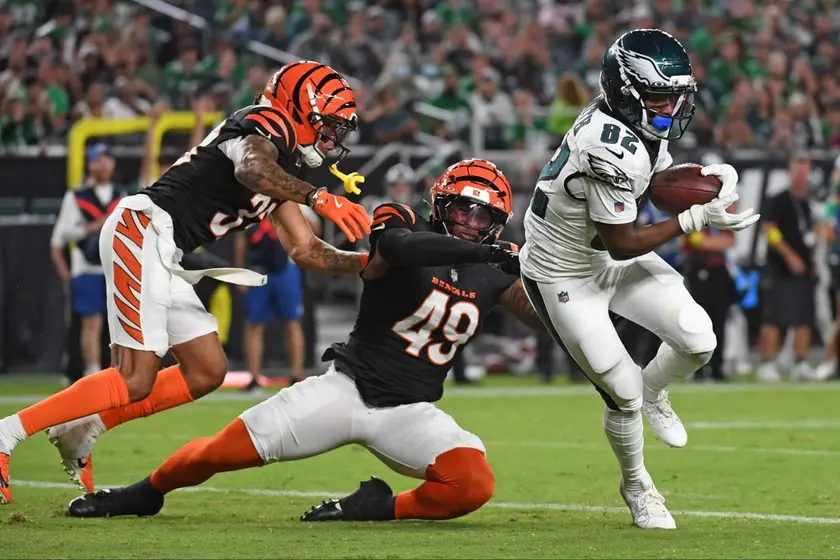
Eagles preseason notes show wide receiver battle tightening
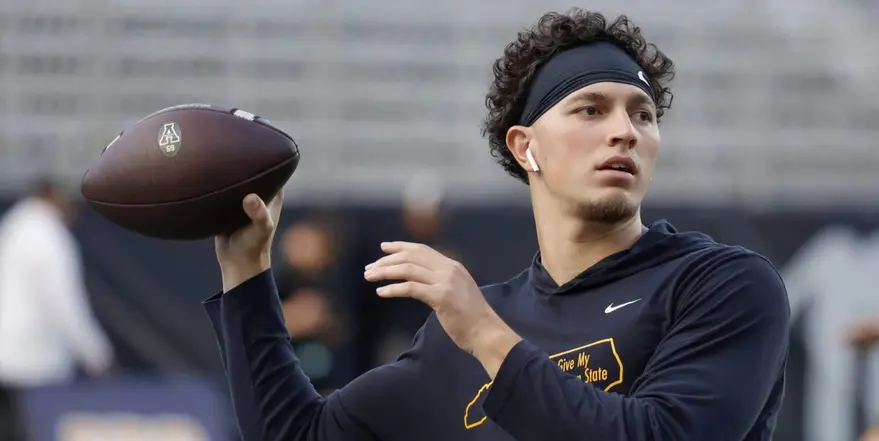
Joey Aguilar transfers to Tennessee after UCLA stint

New AP Top 25 voter explains ballot approach
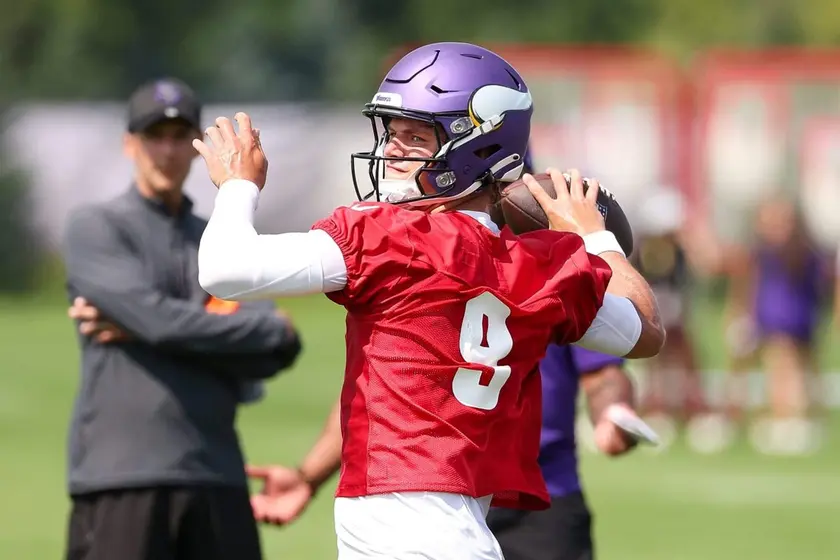
Vikings coach expresses confidence in McCarthy
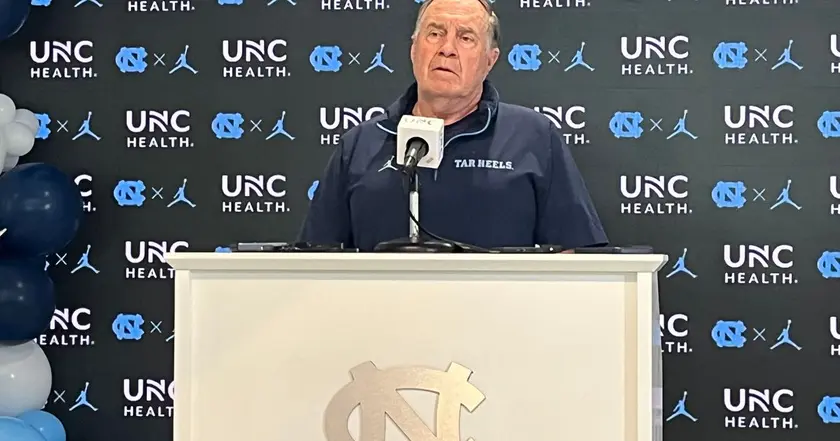
UNC football sells out every ticket for season opener
